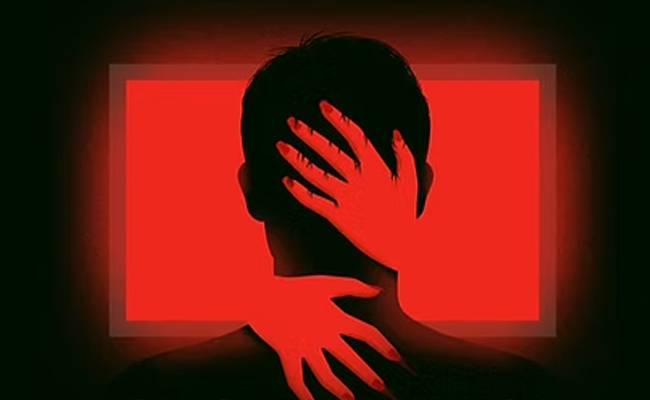
India News

Once upon a time — in an era without today’s technology, computers, or cell phones — erotic stories, also known as porn stories, were available only in printed form across different languages. Adults (above 18) who were interested in such material would secretly buy these books and read them away from prying eyes. Back then, this was called “obscene literature.”
At that time, a few languages even had adult movies, which were screened only in remote theaters, attended exclusively by men. Malayalam cinema, in particular, became known for producing many adult films, and over time the term “Malayalam movies” became synonymous with “adult movies.”
As technology advanced, pornography began spreading in the form of video cassettes and later DVDs. These too were sold and watched secretly. But when computers, the internet, and mobile phones became widespread, accessing porn videos and movies became much easier. Because of mobile phones, people could watch pornography anywhere and anytime. It reached such an extent that even elected representatives were caught watching porn in legislative assemblies.
Initially, porn meant only foreign content. But gradually, Indian porn videos also began to flood the internet. Today, millions of Indian porn videos are available online. In a country like India, with its massive population, pornography has become a booming business. The easily available technology has made it accessible to everyone, particularly targeting the growing youth population.
Many young people have become addicted to watching porn, behaving as if they’ve lost their sense of humanity. Studies show that in about 72% of rape cases, the accused were habitual consumers of pornographic content. This addiction is destroying lives — people under the influence of porn and alcohol are forgetting basic moral boundaries, even committing heinous crimes against children. Parents are increasingly fearful for their children’s safety. Many believe governments must enact stricter laws to protect the youth from falling prey to pornography.
However, despite repeated efforts, governments have failed to control or ban porn effectively. Recently, a petition was filed in the Supreme Court of India seeking a complete ban on pornography. But the Supreme Court refused to entertain the plea.
A bench led by Chief Justice B.R. Gavai observed that if pornography were banned in India, it could trigger a large-scale movement similar to the Gen Z protests that occurred in Nepal when social media was banned there. “You’ve seen what happened when Nepal banned social media,” the bench remarked.
The Court said the matter would be heard after four weeks, but by then, Chief Justice Gavai will have retired on the 23rd of this month. Going by the Court’s remarks, it appears that banning pornography entirely in India may not be possible.
Advertisment